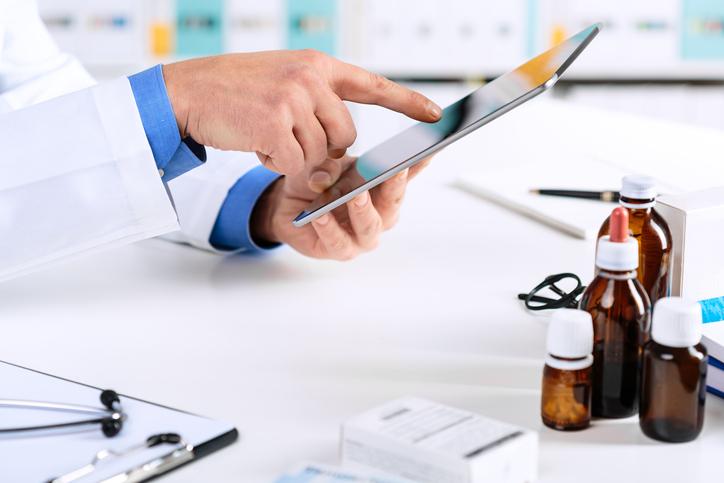

This article originally appeared in Hypepotamus.
Thousands of health IT professionals, clinicians, executives and vendors gathered last week in Orlando, FL, for the annual HIMSS Global Conference & Exhibition. This week-long event — considered to be the Super Bowl for health IT specialists — is the largest healthcare technology conference in the world.
Interestingly, the state of Georgia is considered to be one of the nation’s health IT capitals, with hundreds of companies and researchers at the forefront of consumer digital health. Currently, there are more than 200 HIT companies in the state, and that number is increasing rapidly thanks to a burgeoning health IT startup scene.
To demonstrate the breadth and depth of Georgia’s health IT ecosystem, each year the state opens a ‘Pavilion’ on the HIMSS show floor where early and growth-stage companies exhibit their products and solutions.
This year saw a number of relatively new players on the HIMSS scene show their innovative approaches.
Loyal, a provider of healthcare transparency and digital patient experience tools, and Radix Health, a provider of patient access technologies, were both founded in Atlanta within the last five years. Both talked about their passion for transforming the healthcare industry.
“Our mission at Loyal is to simplify the complexities of healthcare using consumer-first technologies like artificial intelligence to help health systems improve the digital patient experience,” said Chad Mallory, CEO of Loyal.
Loyal is Mallory’s second Atlanta startup, and he attributes the city’s health IT resources for his companies’ successes. It’s a formula for startups that works, Mallory noted.
Radix Health experienced rapid growth this year, which CEO Dr. Arun Mohan credits to its clients, as well as the Atlanta ecosystem.
“Atlanta has great talent around the city, including emerging graduates from the local universities and seasoned industry professionals,” said Dr. Mohan. “This talent pool is excited to learn what’s new, and they often refer potential customers to us because they believe in our mission.”
Another startup that continues to make the lists of those to watch is Rimidi, a cloud-based software platform that enables personalized management of chronic cardiometabolic conditions on a population health basis. The five-year-old company has experienced quick growth since closing its over $6.5 million Series A last summer.
“This was Rimidi’s fourth year attending and third year exhibiting at HIMSS,” said Dr. Lucienne Ide, Rimidi’s founder. “The value for us is really in the connections we make with like-minded organizations, as we’re all trying to solve healthcare’s most pressing problems. HIMSS is a chance for us to see that we’re not doing it alone, and enables us to form partnerships that will accelerate the change and innovation we want to see in the industry.”
E. Jane Carraway, the Director Life Sciences and Corporate Solutions at the Georgia Department of Economic Development, also joined these companies at HIMSS. She suggests that Georgia’s health IT growth is being driven by support from diverse ecosystem resources, including research facilities, academic institutions and healthcare providers.
Georgia is home to the Centers for Disease Control and Prevention (CDC) and Atlanta Center for Medical Research. Academic institutions have launched health innovation centers, such as Emory Healthcare’s Innovation Hub. Ultimately, Georgia’s health IT ecosystem employs over 1,500 professionals and drives billions in economic impact each year.
“Georgia’s health IT future is very strong,” Carraway said. “We anticipate even more startups to launch this year, as our state is home to unmatched talent, innovation, corporate strength and a rich history in the digital health arena.”
